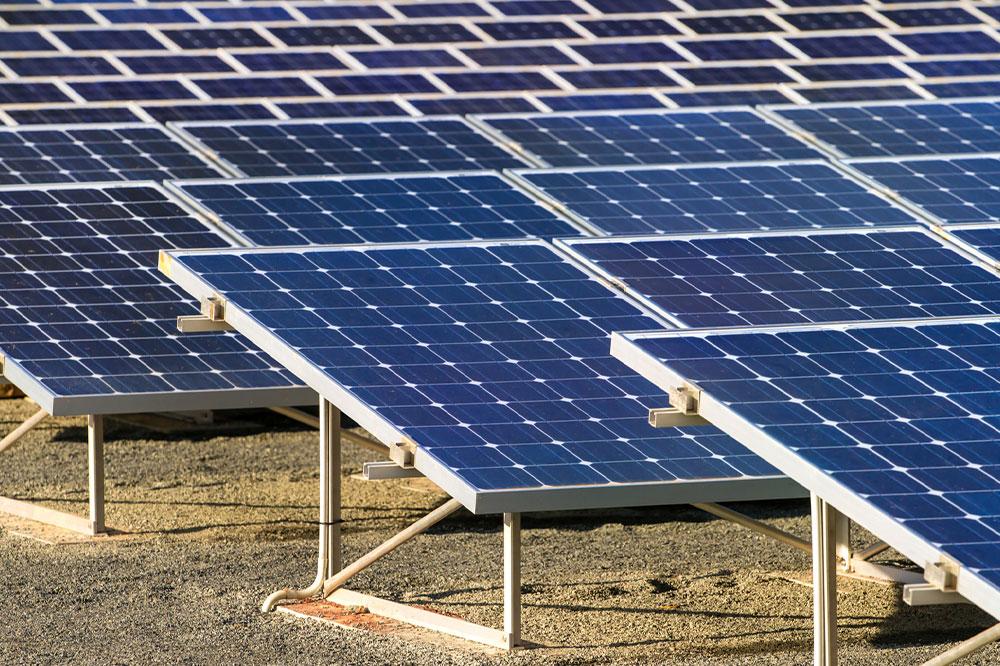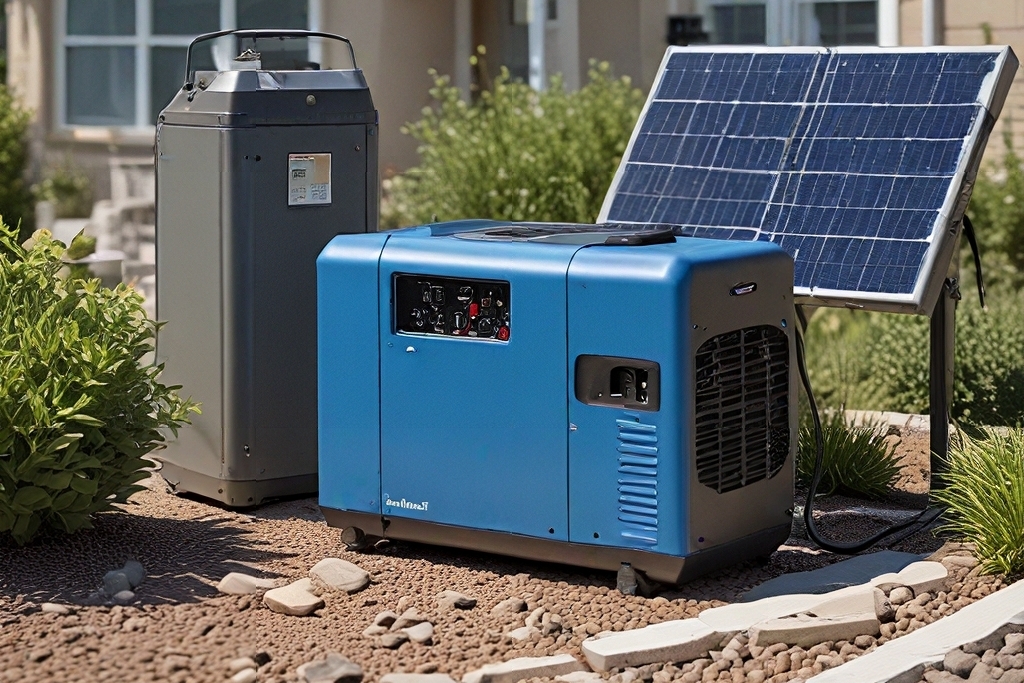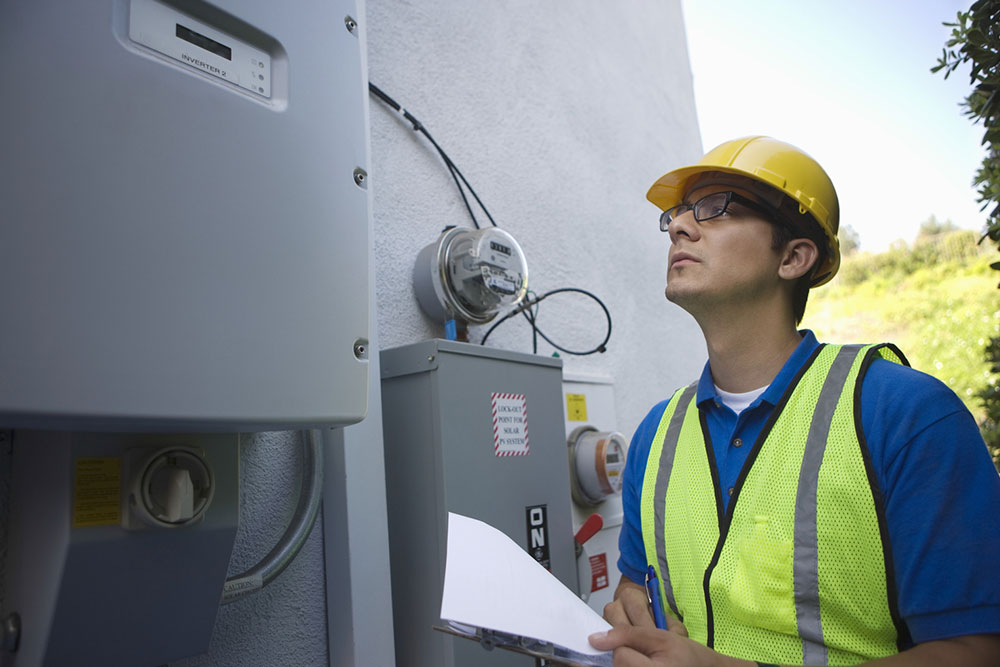Comprehensive Guide to Solar Battery Storage Solutions
This comprehensive guide explores solar battery storage solutions, including costs, benefits, and operational details. Learn how these systems can reduce expenses, promote energy independence, and support sustainability efforts. Ideal for homeowners and businesses interested in renewable energy investments, the article offers insights into selecting quality products and understanding government incentives, emphasizing the importance of solar batteries in a cleaner, more resilient energy future.

Comprehensive Guide to Solar Battery Storage Solutions
As climate change accelerates, renewable energy sources become essential. Solar power remains the top choice for sustainable energy. Advances in technology have made solar batteries a popular option for both homes and commercial sites to store energy efficiently. Many are curious about their cost, benefits, and operation. Here's what you need to know about solar energy storage systems:
Current price range of solar batteries
Though initially more expensive than traditional storage methods, costs are expected to fall as innovation progresses.
Prices vary based on capacity, features, and installation. Typically, a complete system can cost up to $20,000, including equipment and setup. Notable models include Tesla Powerwall starting at $8,500, Generac PWRcell at $9,999, Sonnen eco at $10,000, LG Chem RESU ranging from $9,500 to $13,000, and Panasonic Evervolt costing between $15,000 and $20,000 with installation.
Benefits of using solar storage systems
Opting for solar batteries offers numerous advantages:
Lower electricity costs
While the upfront investment is significant, long-term savings are substantial through reduced utility bills. Combining with net metering enhances savings by earning credits for excess solar energy sent back to the grid.
Easy maintenance and user-friendly
Post-installation, these systems require minimal upkeep. They provide dependable backup power during night and cloudy days, eliminating the need for fuel like traditional generators.
Environmental impact
Solar batteries help reduce carbon footprint by utilizing clean solar energy, supporting a more sustainable energy future, especially as fossil fuels deplete.
Energy independence
In areas with frequent outages, solar batteries allow homes and businesses to operate independently from the grid, ensuring continuous power supply for essential devices.
Quiet and Eco-friendly Power Backup
Unlike noisy fuel generators, solar batteries operate silently and without pollution, making them an eco-conscious choice for backup energy.
Tax incentives
Government programs often provide tax credits and rebates to promote renewable energy investments, reducing overall system costs.
Operational mechanism of solar batteries
These systems store energy generated by solar panels. Sunlight is converted into electricity, then stored for later use, ensuring power availability during non-sunny hours.
Their operation includes:
Solar panels capture sunlight, producing direct current (DC).
An inverter converts DC to alternating current (AC) for household or commercial use.
Excess energy is stored in the batteries for later consumption.
Stored energy powers appliances during low sunlight periods or outages.
Choosing the right solar battery system
When selecting a solar storage system, consider:
Storage capacity determines how much energy can be stored; larger capacity is ideal for higher energy needs but costs more.
Warranty coverage ensures reliability; opt for reputable brands with solid warranty support.
Brand reputation is crucial—pick trusted manufacturers known for durable and high-performance products.


